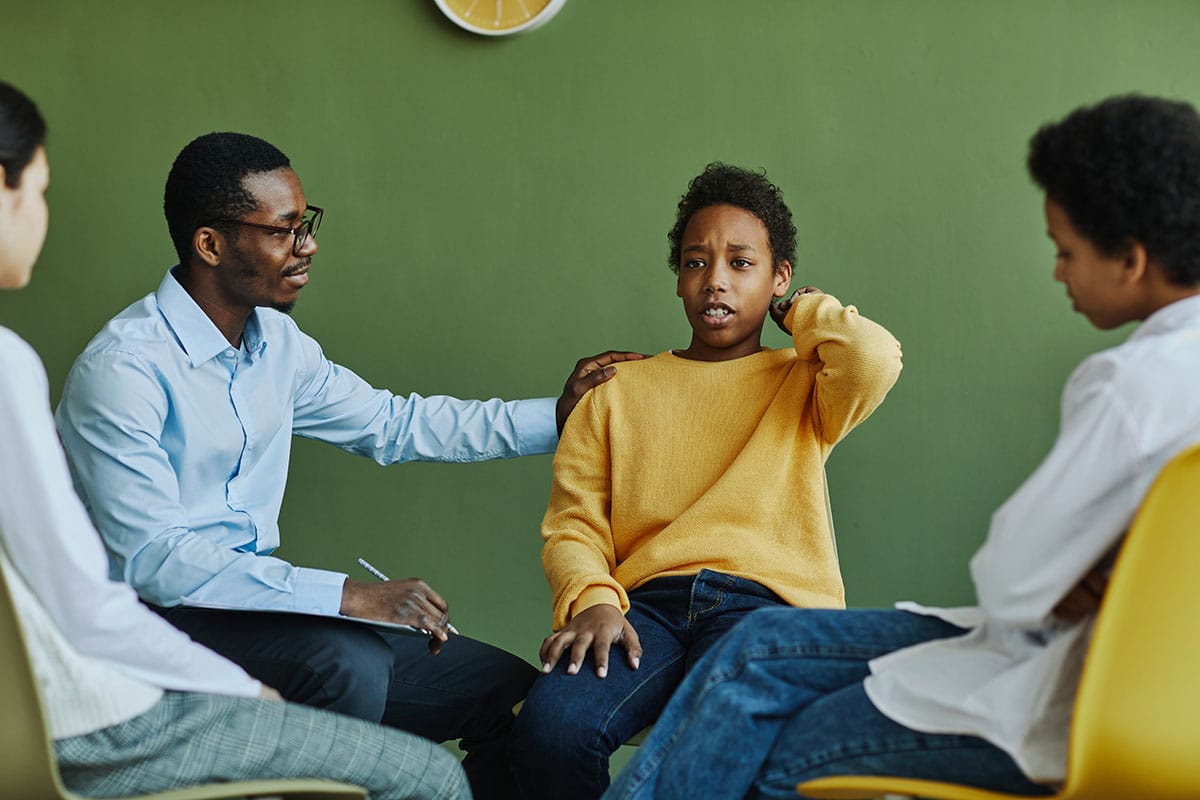Mailing Address: 1423 Chapel Street. 3C, New Haven, CT 06511
Connect With the Urban Trauma Provider Network (UTPN).
The Urban Trauma® Provider Network brings together community partners to provide accessible mental health services and resources. UTPN supports individuals and families on their journey toward restoration, resilience, and personal growth.

History is essential to gaining insight about Urban Trauma® – multigenerational and chronic exposure to racialized trauma, dating from the enslavement of Africans to today’s mass incarceration, implicit and unconscious bias. A key aspect of overcoming racial trauma is learning about the lasting and detrimental effects of racism through a historical lens to support individual growth and support the identification of where our struggles may have arisen from.
Incidents of racial trauma over time become integrated in our genetic makeup. Epigenetics has identified a marker for traumatic stress in our DNA, generated by daily exposure to both subtle and explicit forms of racism. Inherited trauma, often passed down from one generation to another, can cause devastating effects on both physical and mental health. By covering how historical racism has impacted people of color at a biological level, individuals are better able to understand where their frustrations, anger, and other mental health impacts are stemming from in order to begin healing.
We are an extension of our environment and it needs to be discussed in order to progress in our wellness journeys. Nurture plays a crucial role in our development, including how we handle our challenges and successes. Pervasive exposure to inequities in urban environments can make people of color more susceptible to urban trauma. In order to break the cycles of generational traumas this model encourages individuals to discuss and work through their own unique toxic environments and exposures to inequity in order to heal from them.

Supporting Youth Through Culturally Relevant Approaches
In collaboration with leading racial trauma experts, we integrate valuable insights and tools to address the impact of stress and adversity on youth in underserved communities. Key areas of focus include: